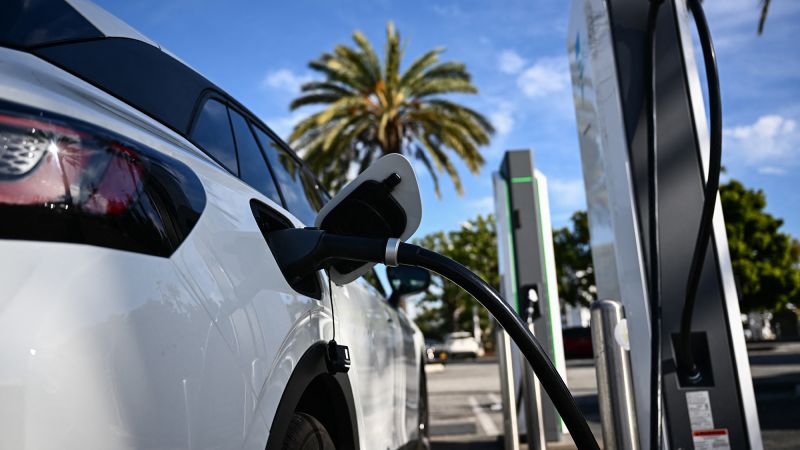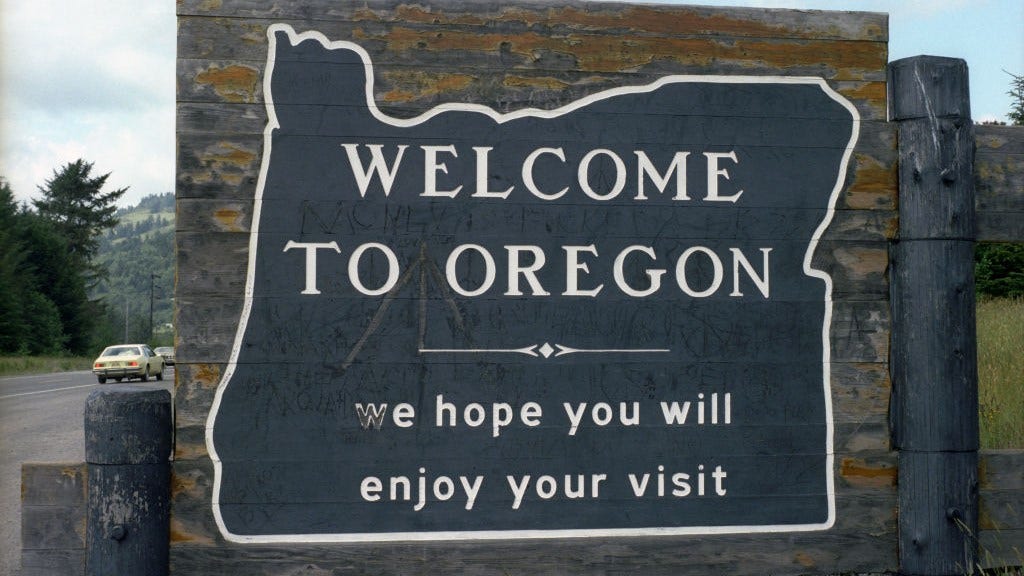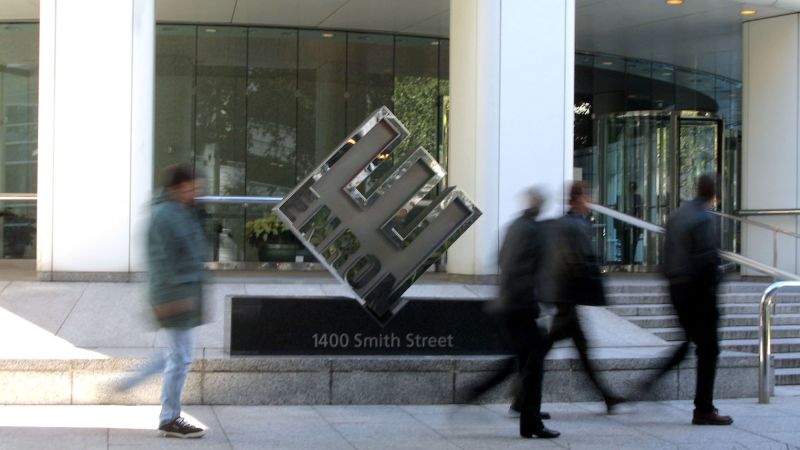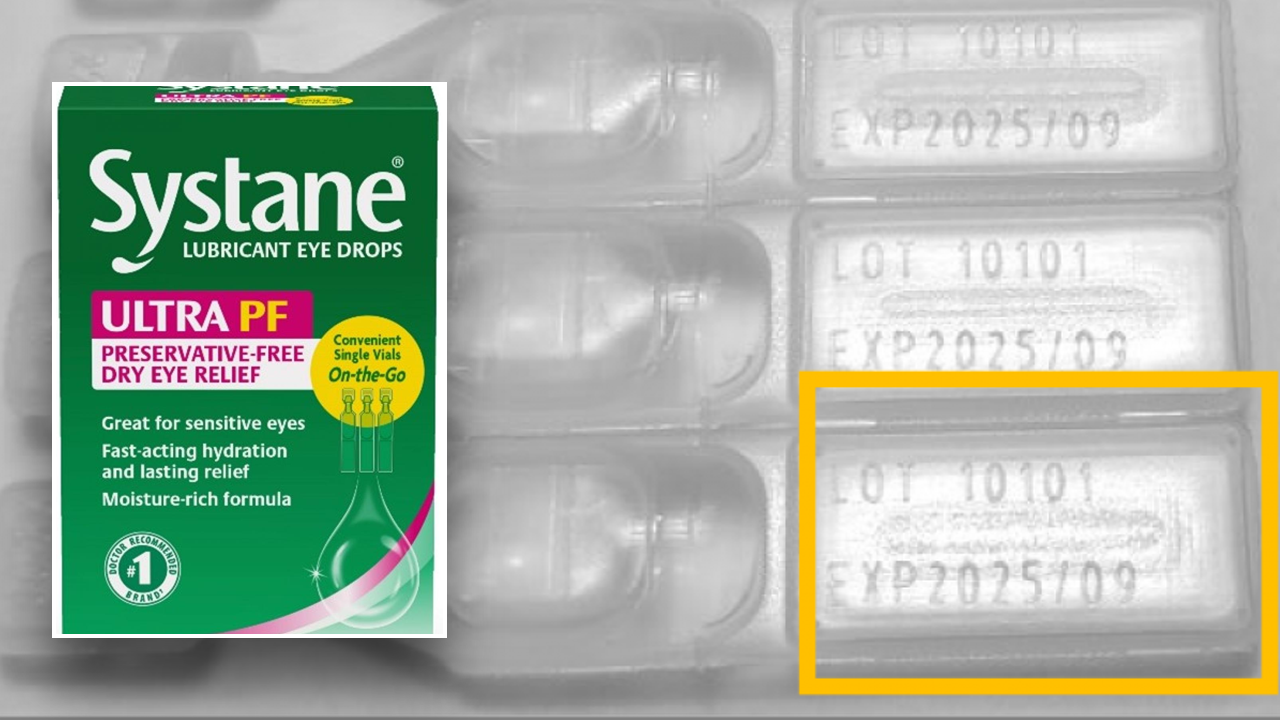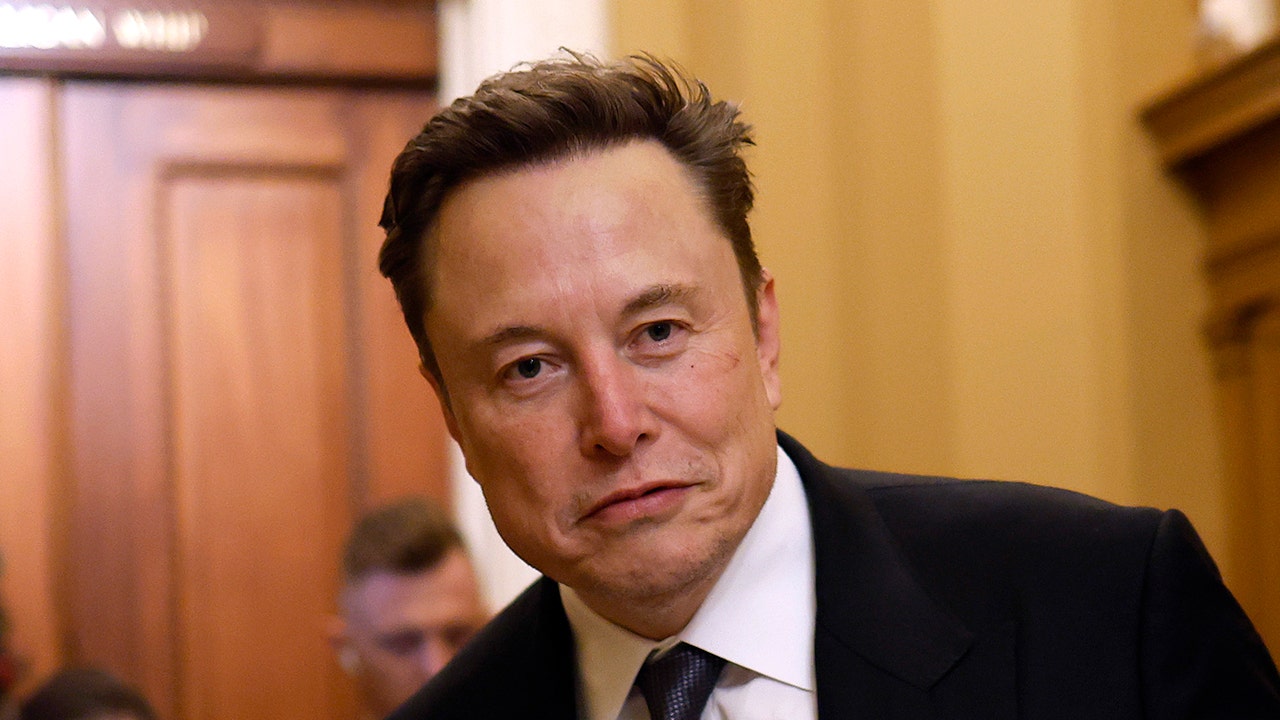A version of this story appeared in Business’ Nightcap newsletter. To get it in your inbox, sign up for free, here.
New York
It’s the comeback story no one asked for the resurrection of a brand so toxic it remains synonymous with corporate fraud more than two decades after it collapsed in bankruptcy. That’s right, folks: Enron is back. But only kind of.
TL;DR: A company that makes T-shirts bought the Enron trademark and appears to be trying to sell some merch on behalf of the guy behind the satirical conspiracy theory “Birds Aren’t Real.”
No, this is not a bit. Here’s the longer version:
On Monday, the 23rd anniversary of Enron’s filing for bankruptcy, rumors began to spread that the former Texas energy giant had come back from the dead. A sleek new website, enron.com, appeared to show that the company had done some serious soul-searching and, inexplicably, reincorporated under its original brand. As a modern energy company, it would be dedicated to “solving the global energy crisis,” its press statement reads.
The site is packed with the kind of stock art and benign corporate platitudes that lend it credibility. There’s a link to job openings, employee testimonials and even a minute-long video titled “I am Enron,” a movie-trailer-style mashup of cityscape time lapses, rockets launching into space, a ballerina twirling on a beach a mess of imagery and baritone voiceover so trite it’s almost believable.
But the site and its associated social media accounts are, like Enron’s balance sheets, mostly fiction. Unlike the Enron scandal, however, this one appears to be little more than performance art designed to sell branded hoodies.
Publicly available documents show that an Akansas-based LLC called The College Company bought the Enron trademark for $275 in 2020.
The co-founder of that company is Connor Gaydos, who, along with Peter McIndoe, created “Birds Aren’t Real,” a mock conspiracy theory that says the government replaced all birds with drone replicas that are spying on Americans. Gaydos and McIndoe have had a good run with the bird bit, which started with a single joke and morphed into a Gen Z-fueled movement … of sorts.
You could call it a high-brow commentary on social media’s ability to distort reality and infect people with false ideas about the world. Or you could call it an innocent joke that sold a lot of T-shirts.
Which brings us back to the Enron gambit.
When I reached out to the Enron press email listed on the site, I received a reply a few minutes later not from an Enron rep, but rather from a media strategist at the New York communications firm Stu Loeser & Co. The strategist said “we’ll have more to share soon,” but declined to comment beyond the statement posted on the Enron site. An email to Stu Loeser & Co seeking more information on the firm’s ties to this … whatever this is … went unanswered.
Gaydos didn’t respond to an email seeking comment. McIndoe couldn’t immediately be reached to comment.
In its statement, oddly posted as an image file on the Enron site, the company lays out its “bold new vision” to solving the world’s energy problems. Among its “key pillars” is a commitment to “permissionless innovation,” aka crypto a nod that prompted some speculation online that the new “Enron” would launch some kind of digital token.
An Enron-branded X account posted and later deleted a message teasing at a crypto offering, saying “we do not have any token or coin (yet). Stay tuned, we are excited to show you more soon.”
So what’s going on?
The main page on the Enron site includes a countdown clock, which, as of Monday afternoon, showed 7 days and 17 hours to go until Enron has “something very special to introduce.”
Meanwhile, you can tab over to the site’s “Company Store” page to browse a selection of Enron-branded hoodies ($118 before tax and shipping), puffer vests ($89), tees ($40) baseball hats ($40), beanies ($30) and water bottles emblazoned with the slogan “you’ve got great energy.”
:focal(1558x785:1560x783)/origin-imgresizer.eurosport.com/2024/08/02/4016686-81471368-2560-1440.jpg)


